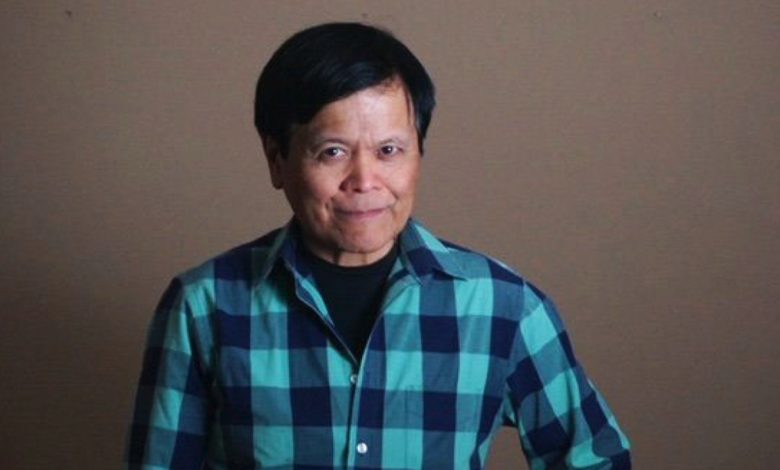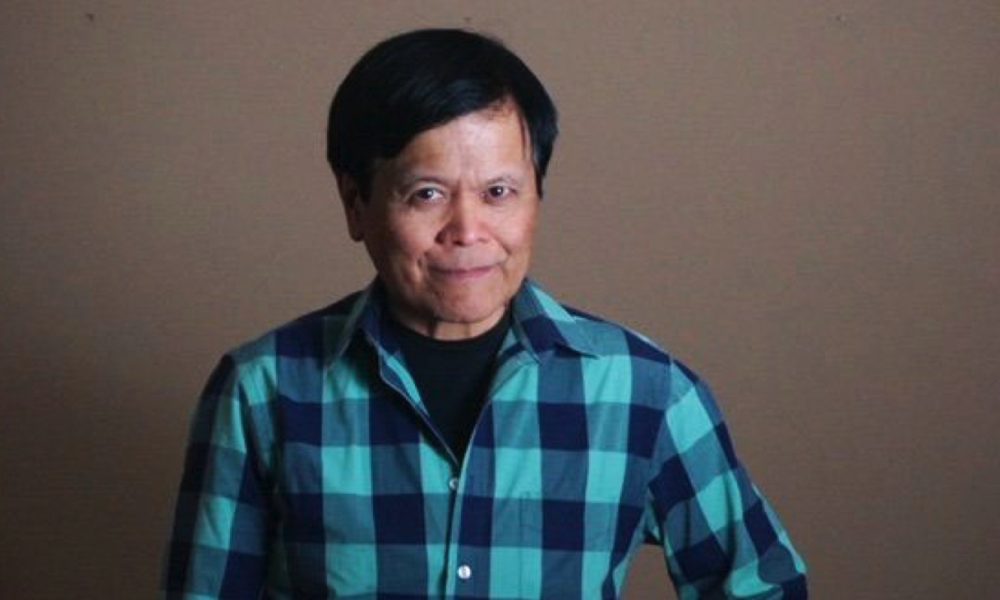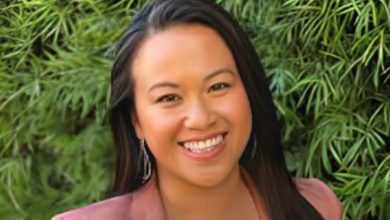COMMENTARY: The Agony and Normalcy of Gun Violence in America


Emil Guillermo
When it comes to gun violence in America, it’s go big or get ignored.
No one cares about the single victim.
Unless there’s some strange twist, it won’t get the kind of media coverage that results in public outrage, with hundreds of people in the streets demanding that politicians take action.
We saw it recently in Tennessee.
And that’s why I want to tell you about the boy known to his mother as “Thai-Thai.”
Thai Khin was a young Asian American you never heard of unless you live in Stockton, California.
Unlike many teens in high school thinking about college and their future, there will be no tomorrow for Khin.
Not like another former Stockton resident who is now the mayor of Oakland.
No, Thai Khin is a 17-year-old with a GoFundMe page — to help his family pay for his funeral.
Khin was shot and killed on Wednesday, April 12 during school hours.
It wasn’t a school shooting. It was school-adjacent.
Khin wasn’t in class at César Chávez High School. He was in a nearby Unity Park playing basketball with a buddy.
That’s when someone tried to rob his friend of the gold necklace around his neck.
The buddy was pistol-whipped; Khin stepped in and tried to stop the fight.
The perp reacted by taking out a gun and putting a bullet into Khin, who died later at a local hospital.
“He had this joy for life. He was always smiling, always cracking jokes,” Jennifer Khin, Thai’s aunt, told the Stockton newspaper. “That’s what he did. If you were around Thai, you were smiling and you were laughing.”
But this was no joke. And now Thai Khin is part of America’s sad legacy.
Another one.
One is a bad number for a gun story. Because a single-victim incident is just a statistic in the Gun Violence Archive.
I reached out to Khin’s family, but I haven’t heard back. I still wanted to write about Khin because an Asian American dying from a gunshot wound shouldn’t be considered normal in America.
And because Khin’s kind of shooting death shouldn’t be greeted with relative silence.
When an Asian American teenager is shot and killed, we all should notice.
But last Monday on the week Khin died, America was already “gunned out” with the Louisville bank shooting, where five were killed.
America paid attention to that.
Yet, how many of the victims in Louisville can we recall a week later?
Or even the Nashville Covenant school shooting on March 27 that claimed three 9-year-olds and three adults in Tennessee?
For that matter, how many of the victims do we remember from the Uvalde school shooting in Texas last year?
Do you recall any of these victims?
There are either too many, or not enough. That’s America’s short attention span.
It appears that the media’s preference is to cover the mass shootings in America. They’re the newsworthy ones.
Single shootings happen so frequently now they are not considered newsworthy.
In other words, it’s what’s normal in America.
When Thai Khin died last week, the Gun Violence Archive, which usually shows deaths within the last 72 hours, listed Khin as the 76th death between April 11 and April 14. I counted 395 people injured. And 104 deaths.
If it were 104 gun deaths in a single event, maybe we’d all finally take notice and force legislators to take action.
But spread the gun deaths out over 72 hours and 104 deaths sound few alarms in America.
Most of the deaths also don’t appear to be caused by a high-powered AR-15 style weapon.
Many were simple handguns.
And that’s why banning assault weapons shouldn’t be the sole remedy as we look for answers. We should be focusing on America’s love of violence.
A gun is just a tool.
We need to talk more about ending violence, period.
How do we do that as a society? Fund public meditation classes? Or public mediation? Teach people non-violent communication skills? And not just for adults but for teens like Thai Khin?
Those paths may be more fruitful than waiting for politicians to defeat the gun lobby.
Consider how this past weekend was the 16th anniversary of the Virginia Tech assault where 32 people were murdered — 27 students and five faculty members in 2007. The Asian American perp also died.
Since then, there has been some legislative action, including background checks, but does any of that really get to the root cause? It impacts the tool. It doesn’t solve the problem. Focusing merely on weapons alone keeps us from the peace we seek as a society.
What if we bypassed the gun lobby and tried to figure out what happens in our personal interactions before a gun, or any weapon, becomes the “go to” answer.
Until we can do that, we won’t solve a thing.
As I write, there were more shootings reported over the past weekend.
The mass shooting was in Dadeville, Ala., where four young people were gunned down at a Sweet 16 party. Corbin Dahmontrey Holston, 23; Marsiah Emmanuel Collins, 19; Philstavious Dowdell, 18; Shaunkivia (KeKe) Nicole Smith, 17. There were 32 others injured. The perp is still on the loose.
In Kansas City, Ralph Yarl, 16, is still alive. But when he rang the doorbell of the wrong house looking for his siblings, why did 84-year-old resident Andrew Lester reach for a .32 caliber handgun? Why didn’t he offer a welcoming hand and say hello?
Lester, white, said he saw Yarl, a Black boy, and was in fear for his life.
How do we fix the implicit bias on Lester’s part?
That’s where our efforts should be.
And it’s not just race. A young white female, Kaylin Gillis, 20, in rural upstate New York pulled into a driveway by mistake. As she left, the white resident Kevin Monahan fired two shots, one killing Gillis. Why was the gun his first and not last resort?
In those cases, at least the perps have been apprehended.
In Thai Khin’s case, the perp got away and is still on the loose.
Justice?
Nobody is even thinking about justice for Thai Khin.
Visit the GoFundMe page for Thai Khin: https://www.gofundme.com/f/thai-khin
NOTE: I will talk about this column and other matters on “Emil Amok’s Takeout,” my micro-talk show. Live @2p Pacific. Livestream on Facebook; my YouTube channel; and Twitter. Catch the recordings on www.amok.com.
Emil Guillermo is an independent journalist/commentator.


